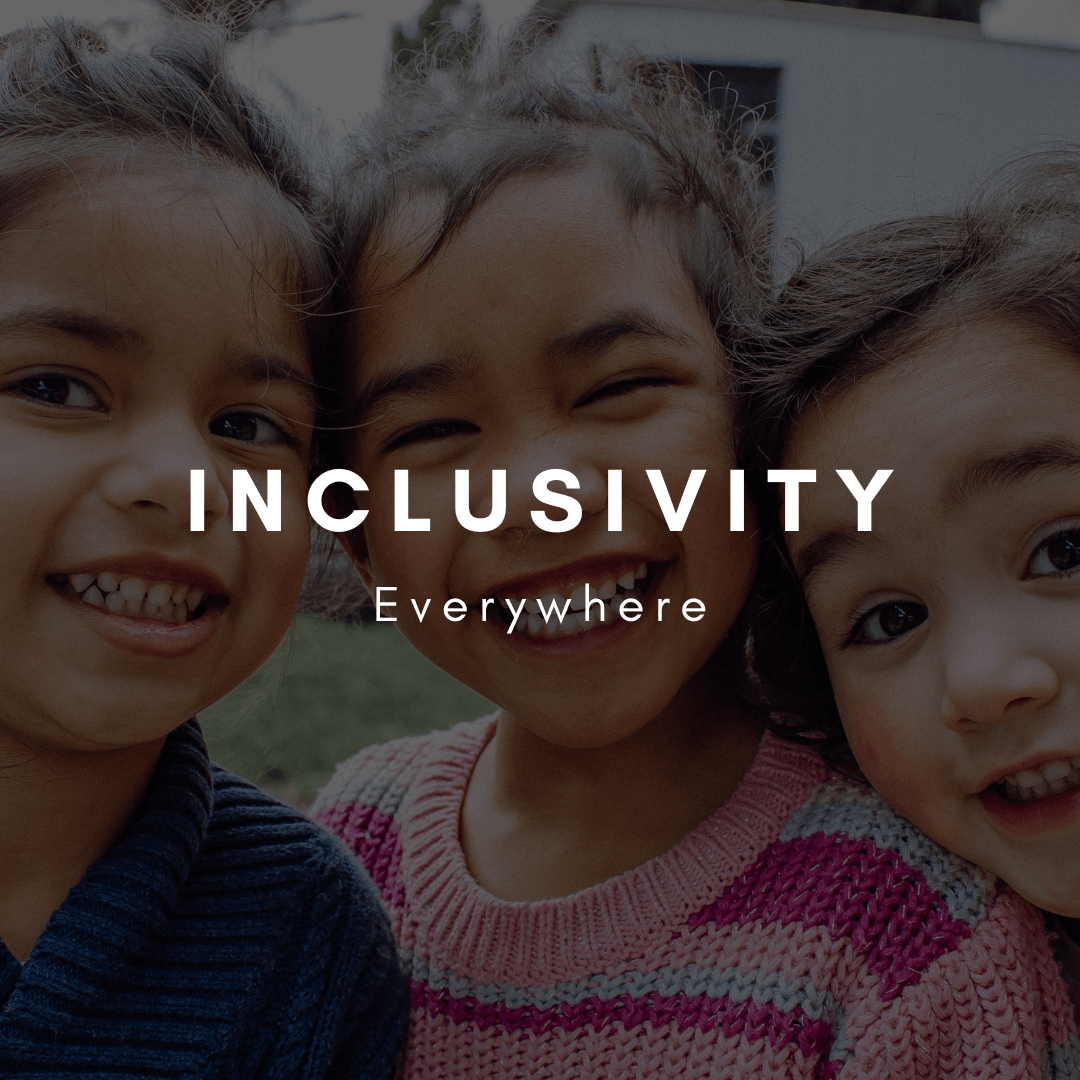How Cultures Impact Behavior
Culture in Applied Behavior Analysis (ABA) is a component of behavior that is passed on from one generation to the next. According to Heather Gilmore “This behavior is often passed on by the exposure of the culture, and cultural norms through modeling and imitation of a group of people” (Gilmore, 2020). This is important to consider in ABA due to not wanting to convert or change people’s cultural identity, but instead embrace it and provide ethical services and treatment. We don’t want to impose our own thoughts and beliefs but provide care more so centered on what is best for the client and their environment. For how culture can impact behavior, that is simply rooted in the aspect of what is deemed socially appropriate or not. With all behaviors that are exhibited, they are done to achieve or gain a desired result. In ABA to determine the function of said behavior, ABC data is collected, (Antecedent, Behavior, Consequence) to help us understand the “why” aspect behind the behavior.
With this being said, the environment is a huge factor in controlling how behaviors are reinforced or extinguished. Behavior will be impacted on the consequence or outcome and be learned, whether the result occurred purposefully or accidentally. Culture impacts the environment by providing what is acceptable and not acceptable in a current setting. This is done as stated earlier through modeling and imitation, in simple terms this means to be aware and exposed to what is appropriate and inappropriate. Modeling and imitation are done by witnessing and applying what they interpret is acceptable in a situation from a previous learning history. This is how culture impacts behavior by revealing to an individual, through exposure and prior experiences of what is appropriate or not in each setting.
Works Cited
Heather Gilmore, M. (2020, March 3). Selectionism in Aba (FK-02): Phylogenic, ontogenic, & cultural selection or how individuals and groups change over time.
Psych Central. https://psychcentral.com/pro/child-therapist/2020/03/selectionism-in-aba-fk-02-phylogenic-ontogenic-cultural-selection-or-how-individuals-and-groups-change-over-time#Cultural-Selectionism
Key, T., 28, T. K. on A., 23, T. K. on M., & Name. (2023, May 2). Culture and applied behavior analysis: An evolving perspective. The Key Consulting Firm. https://thekeyconsult.com/culture-applied-behavior-analysis/
Learn More about ABA Therapy
Inclusivity Everywhere: Designing Public Spaces for Autism-Friendly Experiences Published 12.28.2023 In today’s world, creating inclusive public spaces is more important than ever. …
Relationships First: Enhancing ABA Therapy Outcomes with the Mandt System Published 11.10.2023 In the world of Applied Behavior Analysis (ABA) Therapy, the …
Mastering New Skills: The Role of Prompting in ABA Therapy Published 11.10.2023 Navigating through the pathways of ABA Therapy is a journey …


